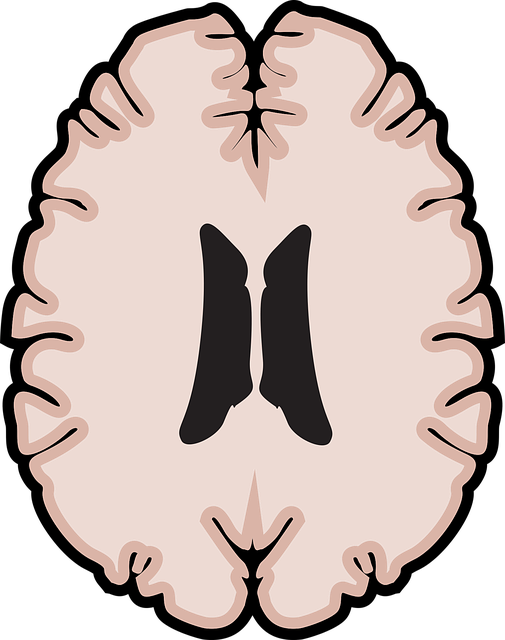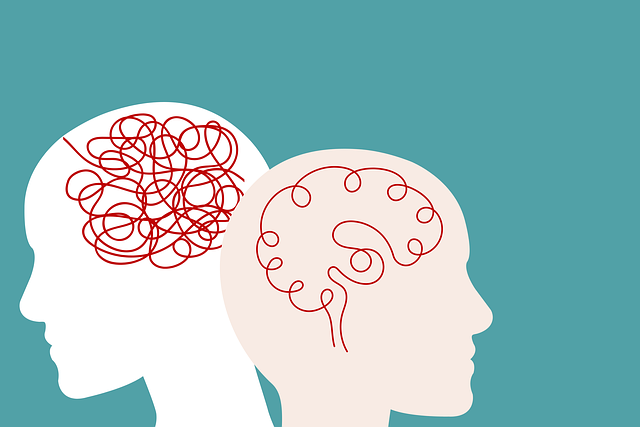Mindfulness meditation emerges as a powerful tool for managing OCD in Littleton, offering present-moment focus to calm minds and reduce symptoms. Structured meditation practices tailored for OCD can provide substantial relief, with healthcare providers benefiting from techniques like the 4-7-8 breathing exercise to prevent burnout. Creating a dedicated, calming space for mindfulness practice at home or in nature enhances emotional connections and contributes to inner strength development. Overcoming challenges requires patience, persistence, and tracking progress through self-care routines or apps to maintain motivation and adjust one's approach.
“Unwind and find inner peace with mindfulness meditation, a powerful tool in the fight against OCD. This comprehensive guide offers a step-by-step journey towards calming your mind and gaining control over intrusive thoughts. From understanding the fundamentals of mindfulness to creating a dedicated practice space, you’ll learn techniques tailored for OCD relief.
Discover simple exercises to integrate into your daily routine and gain strategies to overcome common challenges. Track your progress and witness the transformative power of meditation in Littleton OCD therapy.”
- Understanding Mindfulness Meditation for OCD Relief
- Setting Up Your Mindfulness Practice Space
- Techniques and Exercises for Daily Meditation
- Overcoming Challenges and Tracking Progress
Understanding Mindfulness Meditation for OCD Relief

Mindfulness meditation has emerged as a powerful tool for managing Obsessive Compulsive Disorder (OCD), offering a unique approach to calming the mind and reducing symptoms. This ancient practice involves focusing one’s attention on the present moment, observing thoughts and sensations without judgment. For individuals struggling with OCD in Littleton, this technique can be life-changing. OCD often manifests as intrusive thoughts and repetitive behaviors, creating a cycle of anxiety and distress. Mindfulness meditation provides an alternative pathway to break free from this cycle by fostering awareness and acceptance.
By participating in regular mindfulness sessions, whether through local Littleton Obsessive Compulsive Disorder Therapy programs or self-guided practices, individuals can learn to observe their OCD symptoms without reacting impulsively. This process encourages a sense of detachment from the disorder, reducing its power over one’s life. Moreover, cultural sensitivity in mental healthcare practice plays a vital role in ensuring that mindfulness meditation is tailored to each individual’s unique needs and backgrounds, enhancing the effectiveness of anxiety relief strategies.
Setting Up Your Mindfulness Practice Space

Creating a dedicated space for your mindfulness practice is a significant step towards reaping its benefits. Whether it’s a quiet corner in your home or a peaceful spot in nature, transform this area into a sanctuary for relaxation and self-discovery. In Littleton OCD Therapy sessions, we often emphasize the importance of establishing such a space to foster emotional healing processes. Consider incorporating elements that promote calmness; perhaps a soft rug, comfortable seating, or calming artwork. Keep your practice area free from distractions, allowing you to fully immerse in the present moment without interruptions.
This dedicated space will become your sanctuary for cultivating inner strength development and confidence boosting. By consistently returning to this place, you’ll establish a routine that enables deeper emotional connections during meditation. Remember, the environment plays a pivotal role in shaping your mindfulness journey, so create an atmosphere that resonates with your personal growth aspirations.
Techniques and Exercises for Daily Meditation

Meditation is a powerful tool for cultivating mindfulness and can be easily integrated into daily routines to mitigate stress, improve focus, and enhance overall well-being. For those dealing with conditions like Obsessive Compulsive Disorder (OCD), structured meditation practices tailored to address intrusive thoughts and anxiety can offer significant relief. Techniques vary but often involve focused breathing exercises, body scans, or guided visualizations.
For instance, healthcare providers struggling with burnout can benefit from incorporating mindfulness into their self-care routines. Simple exercises like the 4-7-8 breathing technique—inhaling for 4 seconds, holding for 7, and exhaling for 8—can help reduce stress and promote relaxation. Regular practice of such techniques not only aids in burnout prevention but also fosters positive thinking and enhances self-awareness, crucial elements for maintaining a balanced lifestyle.
Overcoming Challenges and Tracking Progress

Overcoming challenges is a significant part of any mindfulness meditation journey. Many individuals struggle with consistency, especially when facing overwhelming daily demands or dealing with conditions like Littleton Obsessive Compulsive Disorder (OCD). However, persistence and patience are key. It’s important to remember that progress isn’t always linear; there will be days when your practice is stronger and others where it may wane. Embrace these fluctuations as part of the process.
Tracking your progress can help you stay motivated. Consider implementing a self-care routine development for better mental health, incorporating emotional well-being promotion techniques such as journaling your experiences or using meditation apps to monitor your practice over time. By regularly assessing your progress, you can identify patterns, celebrate achievements, and adjust your approach when needed, ultimately fostering a deeper connection with mindfulness meditation.
Mindfulness meditation offers a powerful tool in the fight against OCD, as evidenced by its effectiveness in Littleton Obsessive Compulsive Disorder Therapy. By establishing a dedicated practice space and employing various techniques, individuals can cultivate present-moment awareness and break free from repetitive thought patterns. Overcoming challenges with persistence and tracking progress are key to unlocking the full benefits of mindfulness meditation for OCD relief. With regular practice, many find their symptoms lessen, allowing them to live more fulfilling lives.










